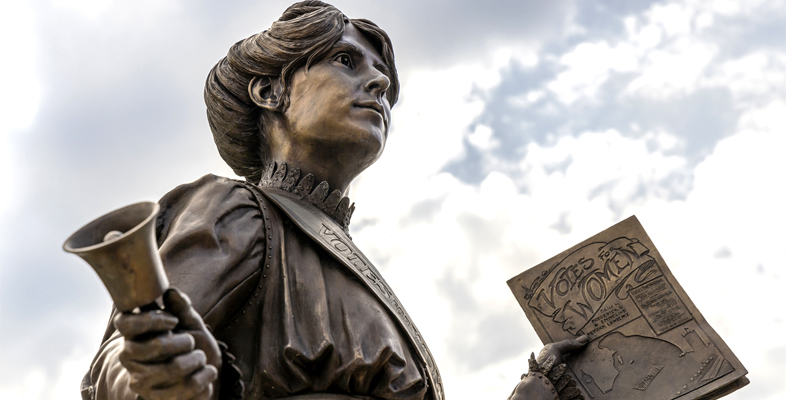3.1 Ada Nield Chew’s background and early work
Ada Nield Chew was a working woman from a working-class background. She was one of many children and had known hardship in her youth. However, she was an able woman who had benefited from the brief education afforded her. Despite ceasing her own schooling at the age of 11, Ada improved herself sufficiently to become highly literate and to be able to teach pupils in a small church school. It was her literacy and her ability to write in a direct, relevant and well-reasoned way that enabled her to argue for working women’s rights and better working conditions. She also took advantage of changes that permitted women to become members of the boards of Poor Law guardians.
Nield Chew wrote pieces for the Crewe Chronicle in which she was concerned to direct attention to examples of the inadequate wage and the poor working conditions of a particular class of workers – tailoresses. However, she also developed another way of getting her message across: using the ‘true story’ style of writing.
